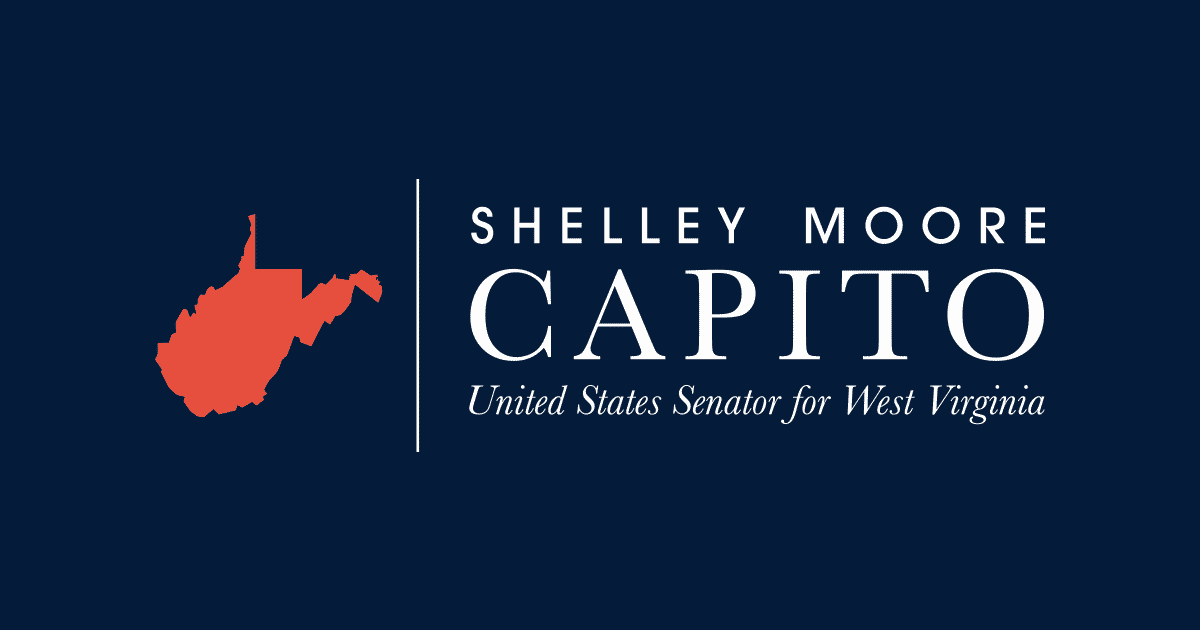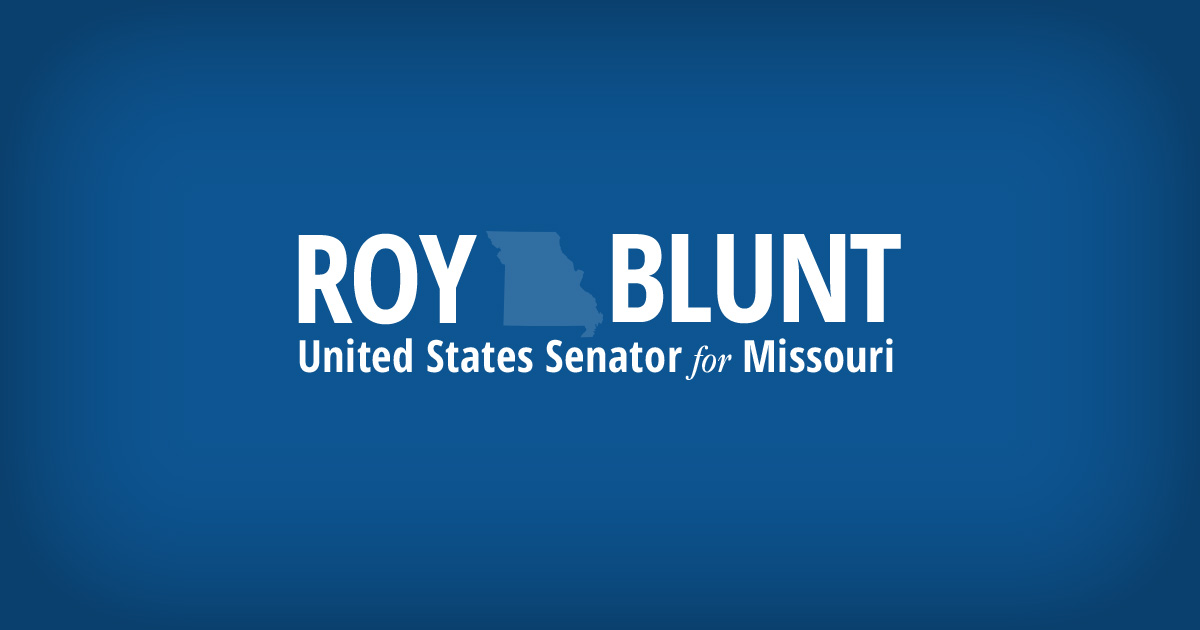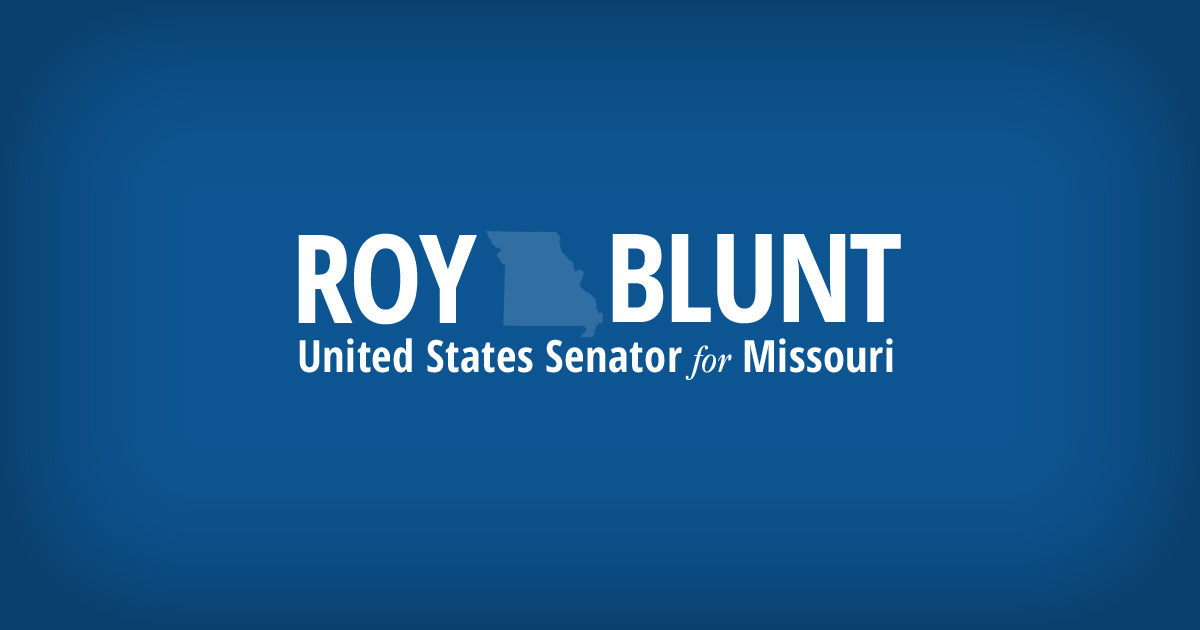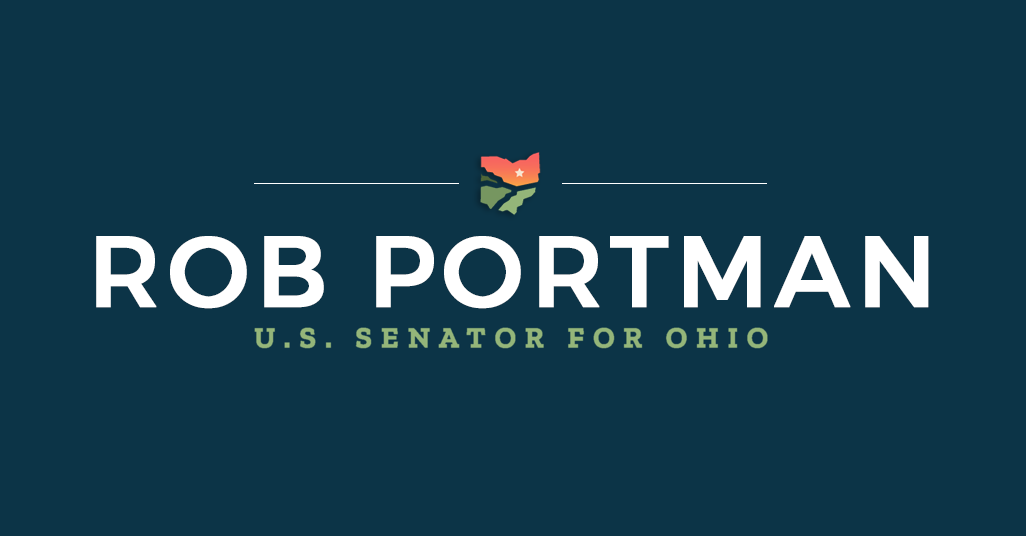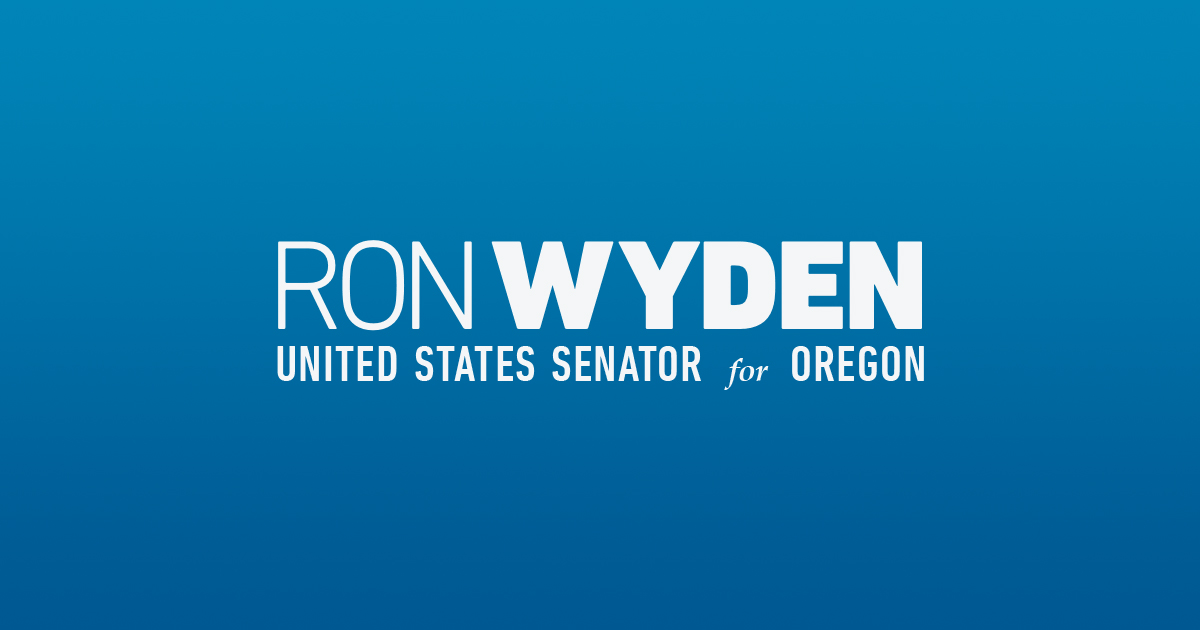Source: United States Senator for West Virginia Shelley Moore Capito
WASHINGTON, D.C. – U.S. Senators Shelley Moore Capito (R-W.Va.) and Amy Klobuchar (D-Minn.) this week introduced the Increasing Access to Quality Cardiac Rehabilitation Care Act of 2021. The bipartisan legislation would expand and expedite access to cardiac and pulmonary rehabilitation services by authorizing physician assistants, nurse practitioners, and clinical nurse specialists to order cardiac rehabilitation and pulmonary rehabilitation under Medicare and begin supervising this care in 2022.
“Over the past year, we have seen how vital access to quality health care is,” Senator Capito said. “Never have cardiac rehabilitation and pulmonary rehabilitation been needed more, but we continue to see that not nearly enough patients—especially those in rural and underserved areas—are receiving these services. This legislation will allow additional providers to order and supervise these programs sooner, making it easier to ensure patients are able to access the care they need and deserve.”
“Ensuring timely access to cardiac and pulmonary rehabilitation programs is critical to improving the lives of people who need cardiovascular care, especially in rural areas,” Senator Klobuchar said. “Our bipartisan legislation will expand who can refer patients to these programs, helping connect more people to the care they need and ensuring they get that care faster.”
BACKGROUND:
Cardiac rehabilitation and pulmonary rehabilitation are medically directed and supervised programs designed to improve a patient’s physical, psychological, and social functioning. Currently, only physicians are authorized to order and supervise cardiac or pulmonary rehabilitation for Medicare patients. This restriction can create unnecessary obstacles, delays, and paperwork before patients can receive the rehabilitation services that are needed on a timely basis and make it challenging for programs to operate in areas where physicians are scarce.
The Increasing Access to Quality Cardiac Rehabilitation Care Act builds upon the innovative Improving Access to Cardiac and Pulmonary Rehabilitation Act—legislation that was passed as part of the Bipartisan Budget Act of 2018, which authorized physician assistants, nurse practitioners, and clinical nurse specialists to supervise cardiac and pulmonary rehabilitation beginning in 2024.
WIDESPREAD SUPPORT:
The bill is supported by several organizations, including, the American Heart Association, the American Association of Cardiovascular and Pulmonary Rehabilitation, the American College of Cardiology, the American Nurses Association, the American Association for Respiratory Care, the American Academy of Pas, the American Association of Nurse Practitioners, WomenHeart, and the Preventive Cardiovascular Nurses Association.
“Cardiac rehabilitation has real-life benefits for coronary heart disease patients, lowering the risk of CVD-related death by 26 percent,” Nancy Brown, CEO of the American Heart Association, said. “Despite these benefits, participation in cardiac rehabilitation programs remains low. This legislation would increase access and bridge the gap between referral and the start of CR/PR and help Medicare patients more equitably access proven services to help improve their health outcomes.”
“On behalf of the approximately 150,000 PAs in the United States, the American Academy of PAs would like to thank Senators Shelley Moore Capito and Amy Klobuchar for their leadership in reintroducing the Increasing Access to Quality Cardiac Rehabilitation Care Act in the 117th Congress. This legislation will have a major impact on Medicare patients’ lives, expanding access to cardiac and pulmonary rehabilitation programs. These programs are vitally important for patients suffering from a wide variety of conditions. Currently these programs are often inaccessible for those who need them most, particularly in rural and medically underserved areas. We urge Congress to pass this legislation as quickly as possible to ensure that more patients are able to access these lifesaving treatment programs,” Beth Smolko, DMSc, MMS, PA-C, President of the American Academy of PAs,said.
“The American Association of Nurse Practitioners (AANP) would like to thank Senators Capito and Klobuchar for reintroducing the Increasing Access to Quality Cardiac Rehabilitation Care Act. Patients who receive cardiac and pulmonary rehabilitation have more favorable outcomes – yet Medicare patients lack adequate access to these programs, especially patients in rural and underserved areas,” AANP President, Sophia L. Thomas, DNP, FNP, PNP, FAANP, said. “By removing the outdated federal barrier that excludes nurse practitioners from being authorized to order or supervise these lifesaving programs, Congress is helping to ensure patients have greater access to the right care at the right time. On behalf of the more than 325,000 NPs nationwide, we urge Congress to take swift action on this legislation so that our patients can receive the cardiac and pulmonary rehabilitation services they need and without unnecessary delays.”
“Cardiac rehabilitation is vital. Working with Congress, we have made great strides in recent years to increase patient access to this critical medical therapy by expanding use of the cardiovascular care team in prescribing and supervising cardiac rehab and pulmonary rehab services,” ACC’s Health Affairs Committee Chair Samuel Jones IV, MD, MPH, FACC, said. “Every day in my practice I work with advanced practice providers who are routinely on the front line in critical care environments and who are highly trained and qualified to provide these safe, effective and vital services. Passage of this critical legislation will go a long way toward eliminating unnecessary obstacles and delays to this life-changing – and lifesaving therapy, especially in rural and underserved communities.”
Click here for a one-pager on the bill.
Click here for the full bill text.
# # #
